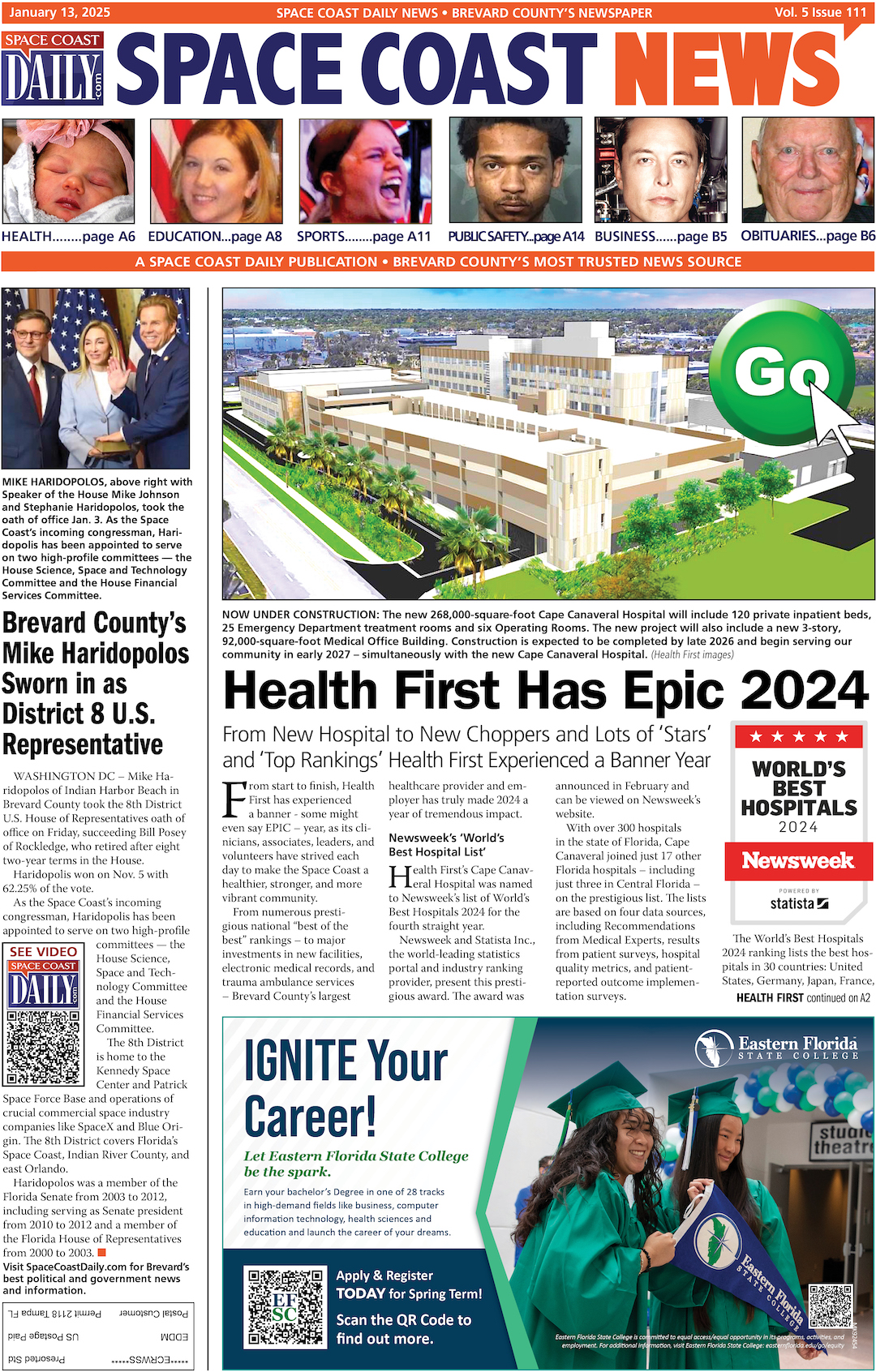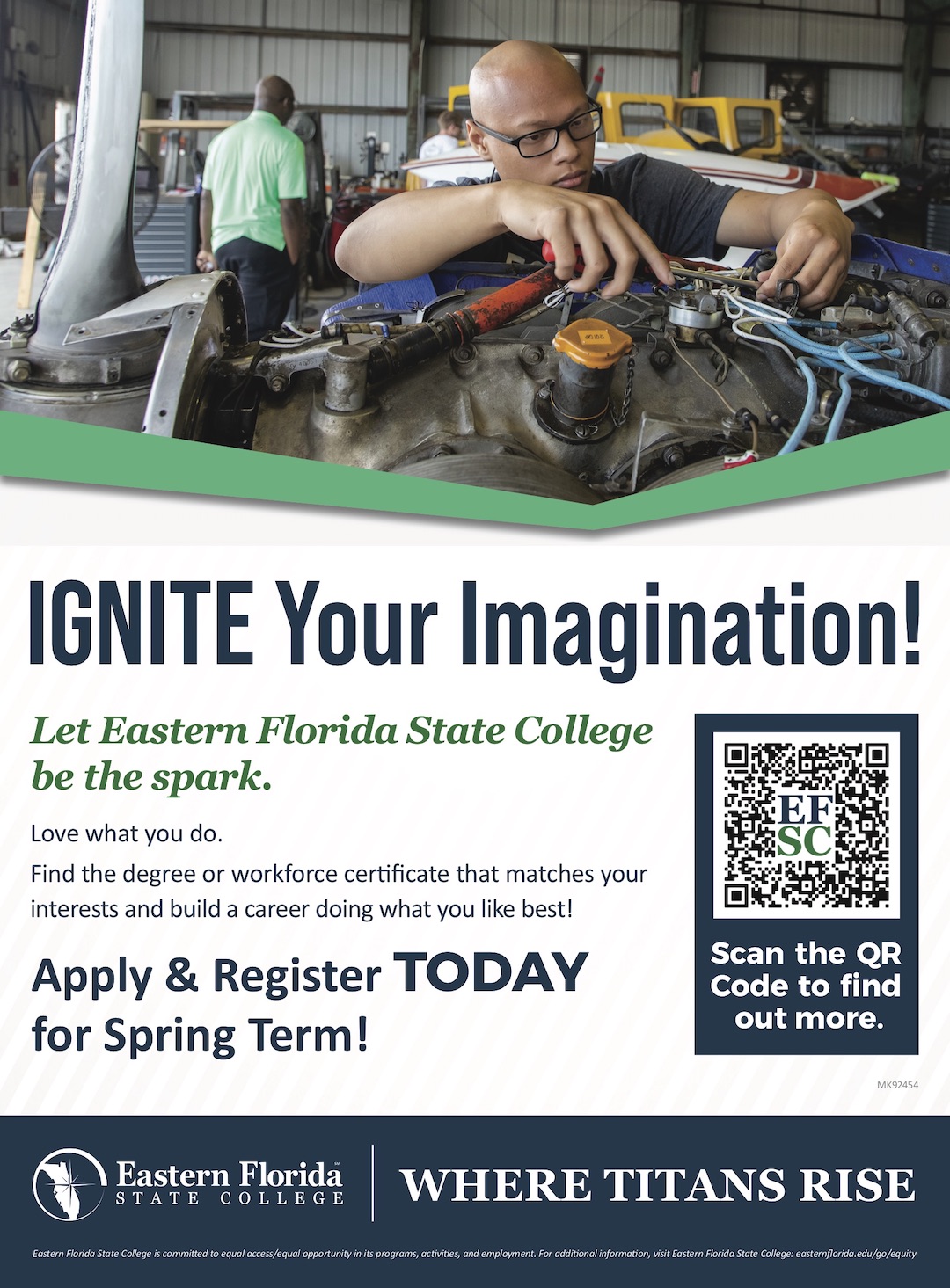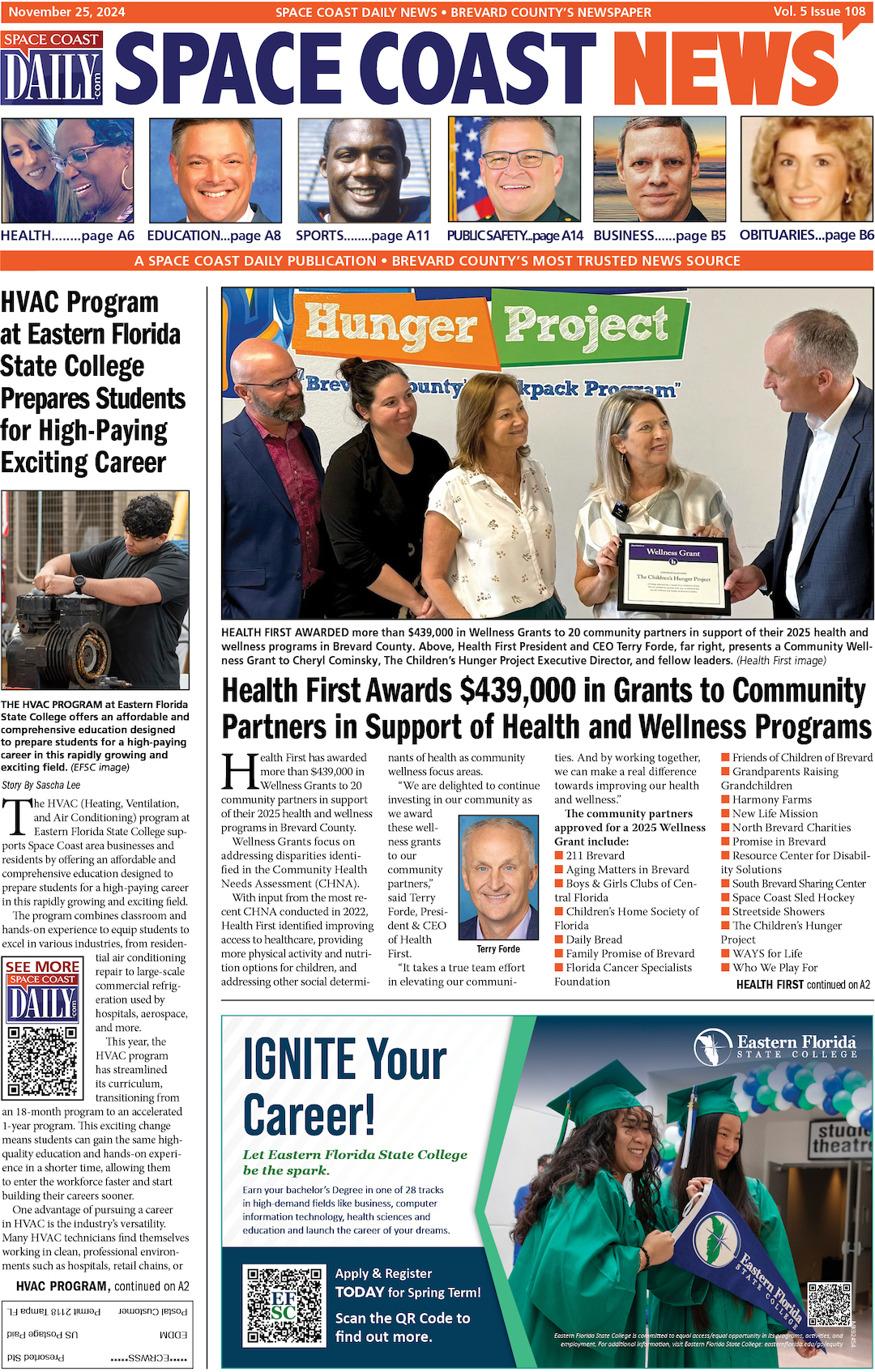University of Central Florida Planetary Physicist Philip Metzger Crowned Space Engineering Rock Star
By Space Coast Daily // May 1, 2018
work among most exciting, cutting-edge areas of space research and engineering

ORLANDO, FLORIDA – University of Central Florida planetary physicist Philip Metzger has been crowned one of space engineering’s rock stars by the American Society of Civil Engineers.
Metzger, who is an associate in planetary science research at UCF’s Florida Space Institute in Central Florida Research Park, was honored with ASCE’s Outstanding Technical Contribution Award this month.
The award is given to someone who has “contributed substantially to advancing the state of the art in aerospace engineering, sciences and technology, and space exploration and construction with application to civil engineering.”
Metzger’s work covers some of the most exciting and cutting-edge areas of space research and engineering. He has participated in developing a range of technologies that is advancing our understanding of how to explore the solar system.
The technologies include: work with lunar, asteroid and Martian soil, including small prototype spacecraft that mine water and travel on steam propulsion; 3-D printing methods for structures built from asteroid and Martian clay, and lunar soil mechanic testers for use by gloved astronauts.
He is part of the UCF team developing and characterizing asteroid regolith simulants for NASA and is working with a commercial company to develop computer modeling and experimental methods to study the geological state of lunar soil in the moon’s polar regions and for potential lunar mining.
He was a principal contributor to NASA’s efforts to protect the Apollo sites on the moon from the sandblasting damage of visiting spacecraft, and he has made broad contributions in the physics of how rocket exhaust affects soil on extraterrestrial bodies.
He also helps the next generation of space scientists by sharing what he knows. Metzger has led a series of biennial workshops since 2003 focused on “Granular Materials in Space Exploration” for ASCE.
The workshops have helped professionals develop the understanding of physics, geology, and engineering mechanics of extraterrestrial soils. This includes the topics of landing spacecraft and driving vehicles on regolith, using it as a construction material, mining and extracting resources from it, and studying it for scientific knowledge.
Metzger also chairs the ASCE Technical Committee for Regolith Operations, Mobility and Robotics, which aims to develop the role of the civil engineer in sensing and robotic technologies for application in construction, space operations, condition-sensing assessment and monitoring, and site exploration, improvement and resource extraction.
“This is a real honor,” Metzger said. “It is important for us all to continue making progress in this field because one day the moon, Mars and asteroids will be home to the extensions of human civilization, and everything civil engineers do on Earth they will need to do off-Earth, too.”
CLICK HERE FOR NASA AND SPACE NEWS
















